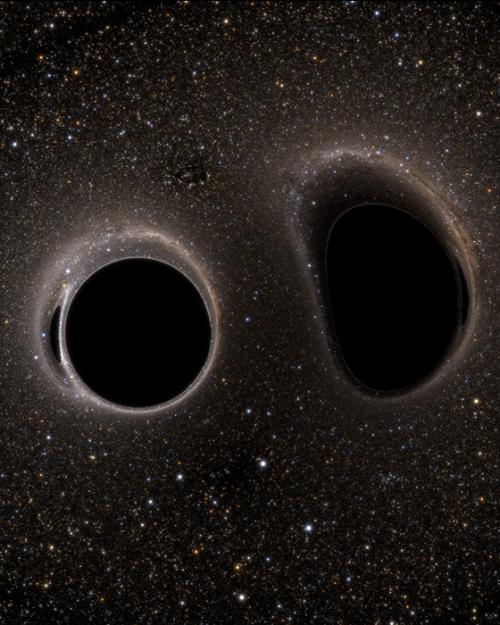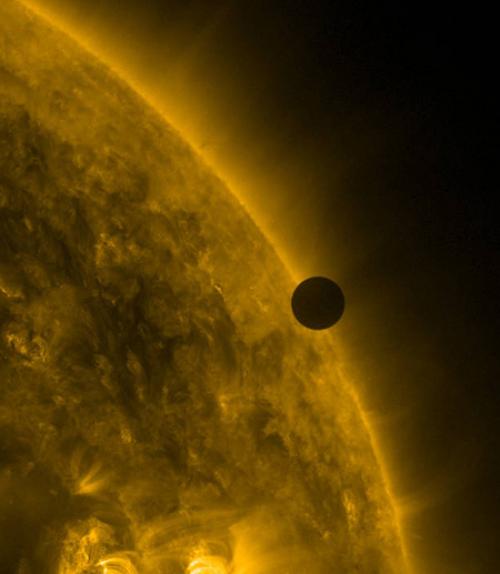A study published on Monday reported the discovery of phosphine in Venus’s atmosphere. In an op-ed in the Washington Post, Jonathan Lunine, the David C. Duncan Professor in the Physical Sciences and chair of Cornell’s Department of Astronomy, considers the case for phosphine as a sign of life on Venus. Lunine studies how planets evolve and what processes maintain and establish habitability.
“Is there life on Venus, Earth’s nearest planetary neighbor?” he writes in the piece. “This may seem like an absurd question, given that the surface temperature of Venus is above the melting point of lead. But that has not prevented 50 years of speculation that life might exist in the cool middle atmosphere of the planet, where a thick layer of sulfuric-acid droplets might provide a home. The discovery of phosphine in Venus’s atmosphere, announced in a study published on Monday, could be telling us those ideas are right."





